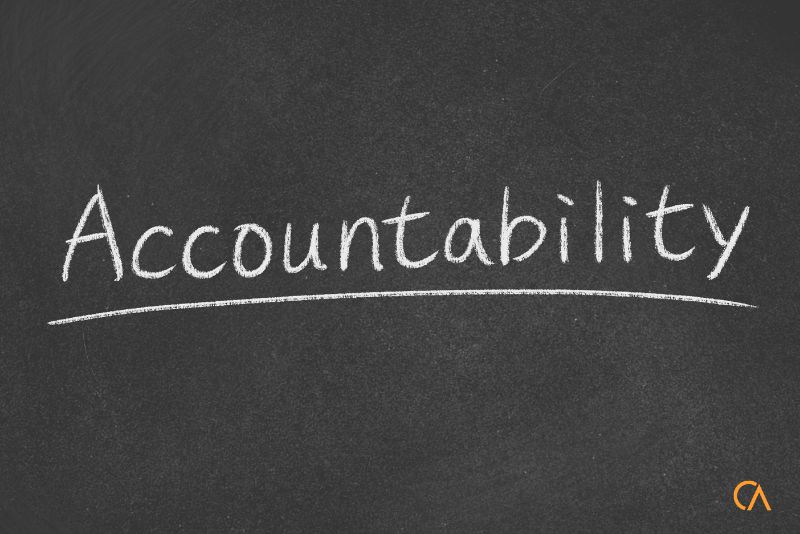When a team misses deadlines, avoids responsibility, or delivers inconsistent results, it’s often assumed that the problem is a lack of accountability. Many team leaders have said to me in briefing conversations, ‘I need you to help us with Accountability’.
But what if accountability is not the real issue?
In many leadership conversations I’m part of, accountability is questioned—but digging deeper shows what’s actually missing is empowerment.
Leaders often confuse control with clarity. They set high expectations but don’t always give their teams the information, authority, or confidence to meet those expectations. As a result, teams wait for direction, hesitate to take initiative, and step back instead of stepping up. Or they might step forward and then be told ‘that’s not your responsibility’. (‘Ok we won’t try stepping up again!’)
Here’s what empowerment looks like in practice:
- Clear expectations: What does success look like?
- Decision-making authority: What am I trusted to own?
- Supportive check-ins: How will I know I’m on track?
When these elements are present, people feel confident to take ownership. And with ownership comes accountability.
In contrast, when team members feel disempowered – unsure of what’s expected or afraid of being overruled – they play it safe. They stay small. They wait.
So how do you create empowerment that fuels accountability?
Start by asking:
- ‘Have I made expectations clear?’
- ‘Does this person have the authority to act?’
- ‘What support do they need to succeed?’
It’s not about stepping back completely – it’s about stepping in with the right questions, not the answers.
The Leaders Who Ask approach is built on this principle. When leaders ask more and tell less, they build clarity, trust, and ownership – all essential ingredients for real accountability.
If accountability is a struggle in your team, don’t double down on pressure. Get curious. What’s missing—control, or clarity?
Go Fearlessly

Recent Comments